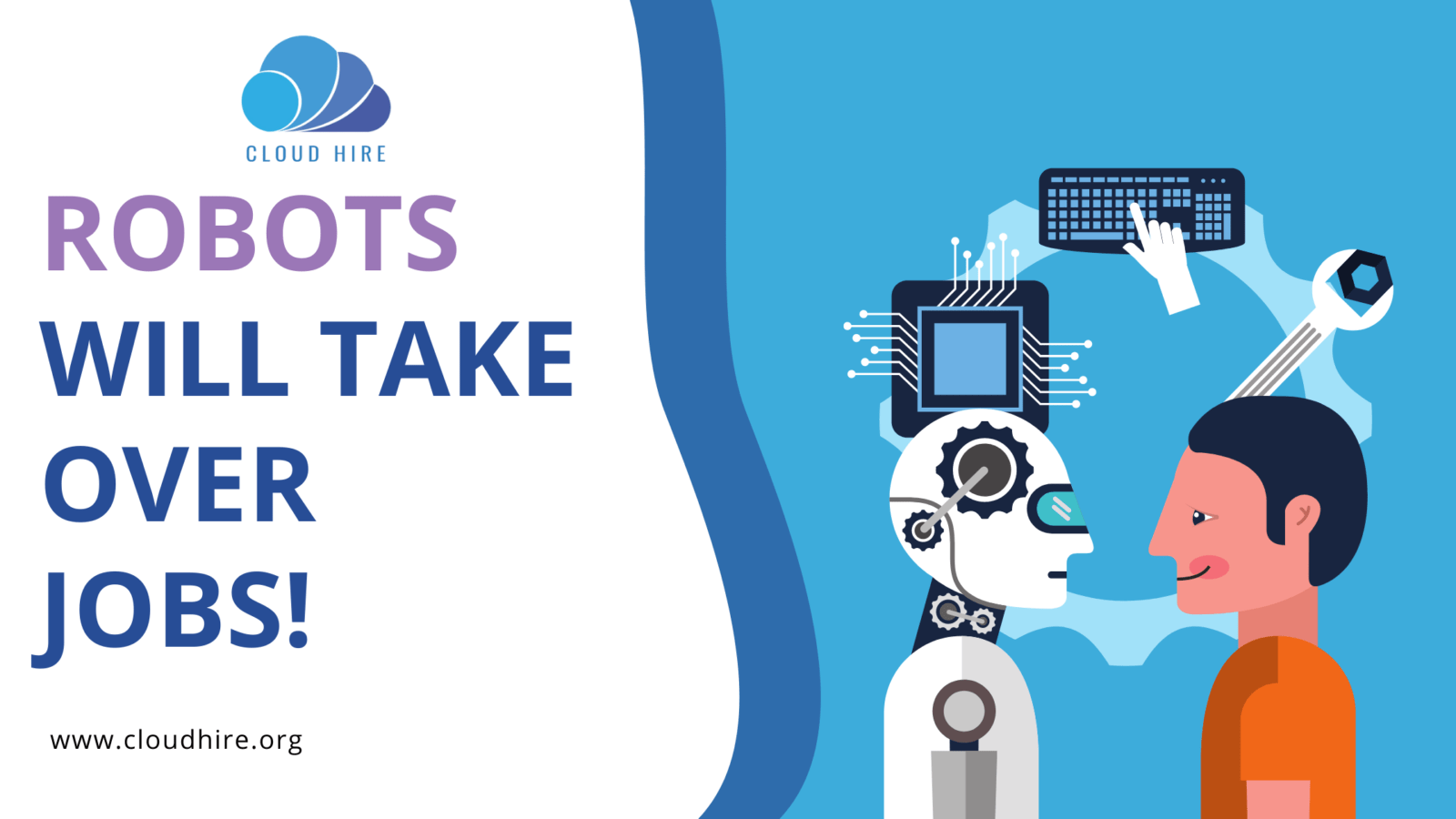As the age of automation continues to seep into the workforce of nearly every occupation, it seems that people are starting to finally wonder about what will happen when robots replace humans in all jobs. I mean, at this point, our society has started replacing many jobs with automation and things such as robots (many factories are now fully automated). It also seems that this trend is likely to grow as time goes on, which brings us to wonder: Will Robots ever take over human jobs?
Will robots replace humans in the workforce?
Some jobs are either impossible for a robot to do, or ones that require a human touch. For example, robots may never be able to be surgeons. This is because it takes years of practicing and training to become a surgeon. They also need to have the ability to make quick decisions to save patients’ lives. Another job that robots will never be able to do is driving trucks. We have had self-driving cars around for quite some time now, but they still can’t drive on highways and through heavy traffic as humans can. To put it simply, there are just too many variables when it comes to driving trucks that can cause an accident.
What jobs are most at risk from automation?
Top Reasons To Automate Your Business Processes
Your job might be at risk. According to the World Economic Forum, about 5 million jobs are likely to disappear between now and 2020 thanks to automation. A recent study by the Organisation for Economic Co-operation and Development found that 14% of jobs in its 21 member countries are at a high risk of disappearing due to automation. But even if your job isn’t on that list, you should still worry about how automation will impact the labor market.
Automation and the future of work – understanding the numbers
Here are the occupations most at risk:
- Administrative support
- Food preparation
- Construction and maintenance
- Transportation
- Sales
- Manufacturing
According to a study from Oxford University, machines are poised to replace nearly half of US jobs over the next 20 years. Dr. Carl Benedikt Frey and Michael Osborne, the authors of the study, examined 702 occupations and found that about 47 percent of total US employment is at a high risk of being automated within two decades. Interestingly, this is a “conservative” projection, according to the report, as it assumes that robots will not be able to tackle most cognitive tasks performed by humans. Nonetheless, it’s not hard to imagine how certain types of jobs could be taken over by machines. For example:
- Freight transportation: Driverless trucks are already being tested on roads in Nevada as well as Europe.
- Stores: In Japan, retailers are already experimenting with emulating Amazon’s use of robots to retrieve merchandise for customers who place orders online.
- Food prep: Fast food chains like McDonald’s and Pizza Hut have been using automated equipment for years, such as burger flippers and dough mixers.
- Financial analysis: Algorithms can analyze data faster than human beings—and without error or fatigue—leading many firms to outsource jobs that were once done by human financial analysts (according to one estimate.
How will automation impact the future workforce?
The idea of an automated workforce has been a topic of debate for decades, but recent breakthroughs in technology have made it no longer a question of if but when. Many are concerned about the potential loss of jobs due to automation, but it is important to note that our economy has always been shaped by technological advances.
Many jobs will indeed go away and entire industries may be lost. However, there are reasons to be optimistic about our future. We can use the time saved by automation to prepare for this seismic shift-like work by investing in lifelong learning and career counseling. By providing training and educational opportunities we can ensure that workers can transition into new careers as technology disrupts the old ones. This will require public investment and a national commitment to retraining workers who have lost their jobs, but it will pay off in the long run by ensuring that people can find employment in new fields.
What are the benefits of robots at work?
There’s a lot of talk about how robots are taking human jobs obsolete, but the truth is that so far, robots are mainly making it easier to do the jobs humans do. They’re positively enhancing our abilities—they’re not getting rid of us.
Here are some examples:
-Robots make it easier for us to lift heavy things (like pallets of product)
-These enable us to accomplish more with less effort
-Robots can eliminate repetitive tasks, enabling us to focus on the parts of our job that we find most interesting and rewarding.
What are some downsides to robots replacing human workers?
It is widely believed that robots will be able to perform most human jobs in the future. While this may well be true, it’s important to consider some of the downsides of this scenario. For one thing, robots do not have emotions and cannot develop emotional attachments with people. This is important because emotional connections are what make many people feel good about their work. Without them, employees would feel as though they have no purpose or meaning in their job.
How can you prepare for a robot takeover at work?
Let’s face it: depending on how you look at it, work either sucks or is just a necessary evil. Sure, some people like their jobs, but overall, we spend the majority of our lives working. It would be great to not have to do so much of it—I mean, who doesn’t want more free time?
On the plus side, as technology advances and certain industries become less populated by humans and more populated by robots, we might have that more free time that everyone wants. But where does that leave us? What are we supposed to do if our jobs are taken over by robots? Well, the truth is that it’s up in the air right now. The reality is that robots will probably take over at some point, but no one knows if they’ll take over all of our jobs or just a few of them. The future is unclear.
But don’t worry. There are things you can do to prepare yourself for a robot takeover at work—and these preparations will also help you get ahead in general:
– Be flexible
– Don’t be afraid to learn new things
– Be willing to relocate
– Get good at your job
– Know what you want from your career
Takeaway:
Robots will continue to change the workplace, but there is still time to prepare:
At the end of the day, I think it’s safe to say that robots are here to stay. The technological advances in the last few decades alone have been astounding, and there’s no stopping them. We need to accept that and embrace it—as long as we do, our jobs will be safe. We might be working alongside robots instead of people, but that may not necessarily be a bad thing. But if we’re not careful, our jobs could become obsolete sooner than we’d like. Fortunately, there are still steps we can take to ensure that automation doesn’t take control of the workplace before we’re ready for it.






